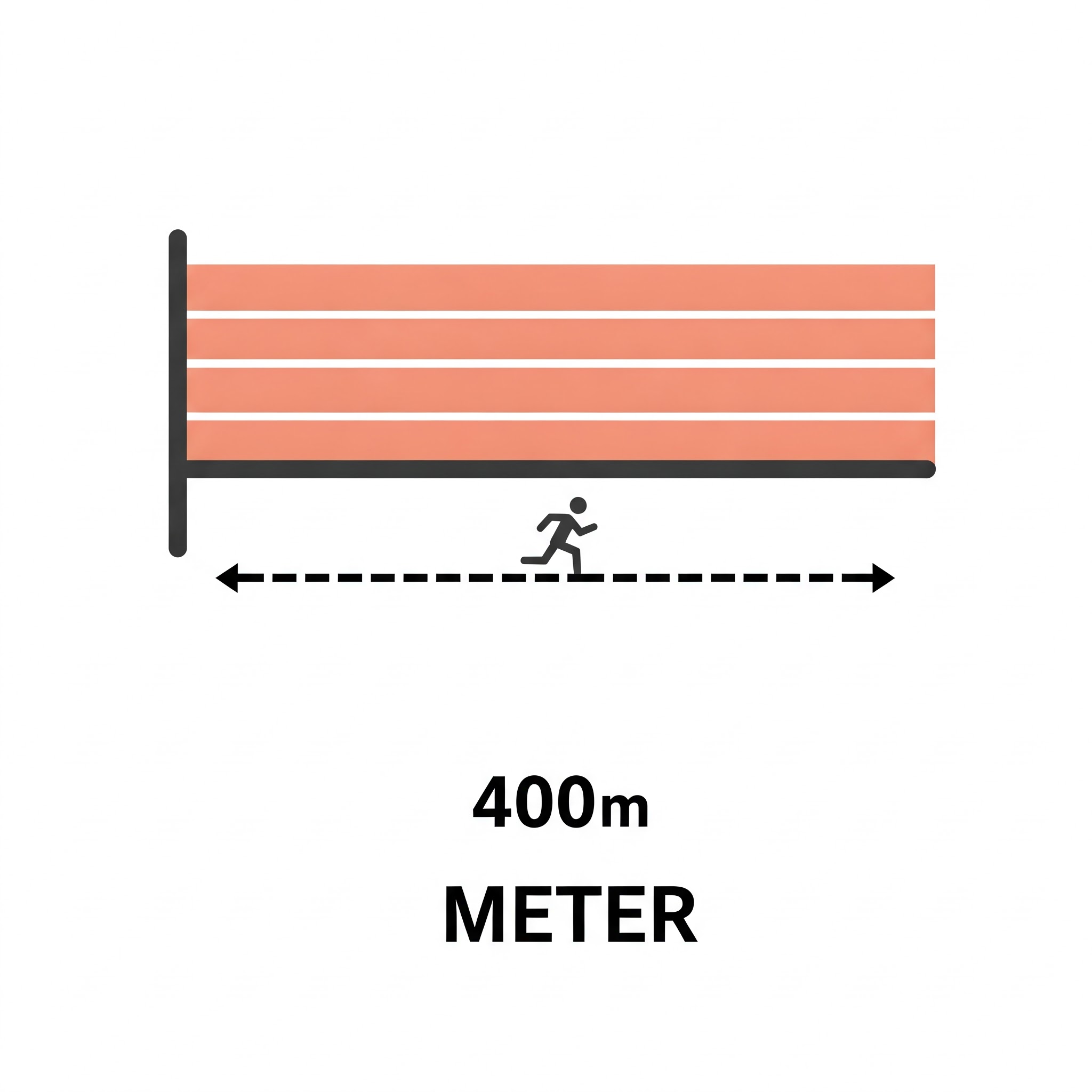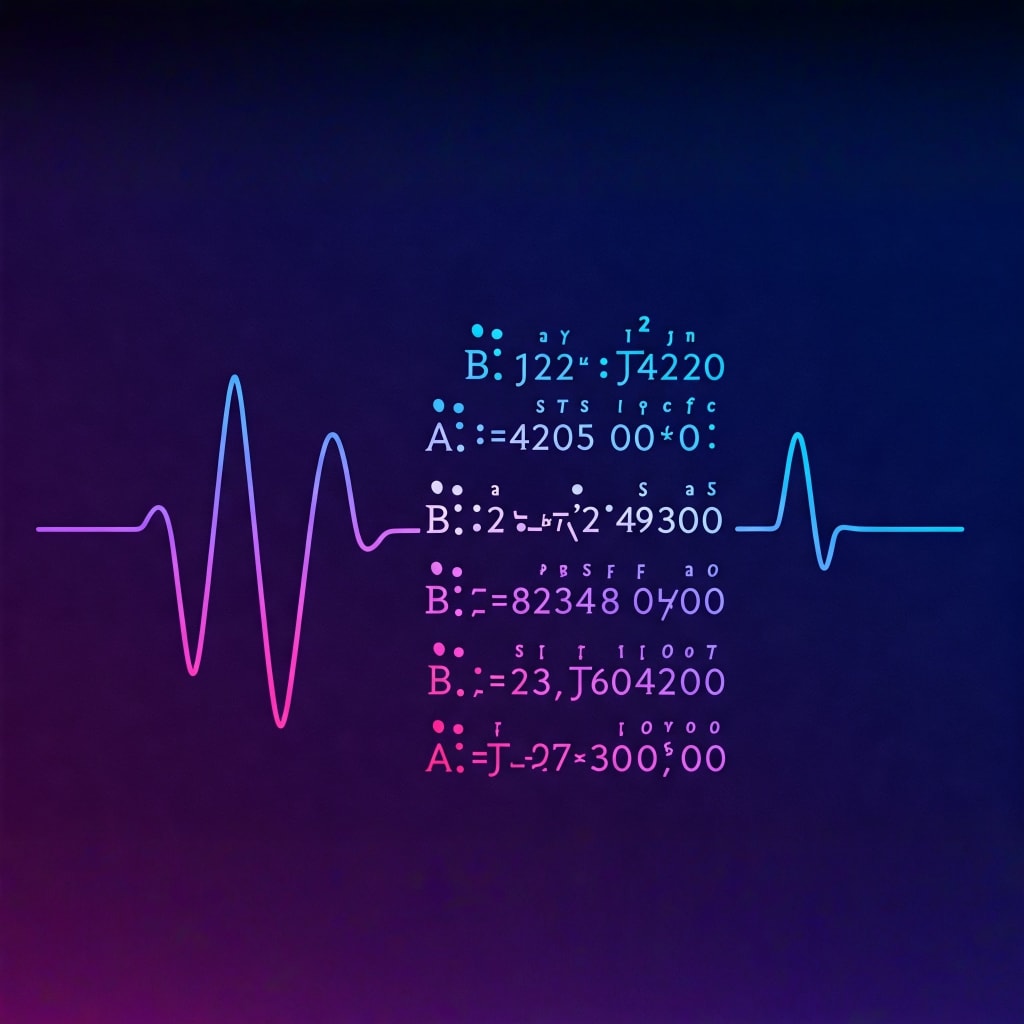Metre
Definition
Metre (spelled "meter" in American English) is a noun that refers to the basic unit of length in the International System of Units (SI), equal to 100 centimeters. It is also used in poetry and music to describe the rhythmic structure of a verse or a composition.
Parts of Speech
- Noun
Pronunciation
American English
- IPA Pronunciation: /ˈmiːtər/
- Respelling: MEE-ter
British English
- IPA Pronunciation: /ˈmiːtə/
- Respelling: MEE-tuh
Etymology
The word "metre" originates from the French "mètre," which is derived from the Greek "metron," meaning "measure." It was adopted into English in the late 18th century following the establishment of the metric system.
Derivatives
- Metrology (noun)
- Metrist (noun, poet)
- Metronomic (adjective)
- Metric (adjective)
- Metre-stick (noun)
Synonyms
- Meter
- Measure
- Rhythm (contextual)
Antonyms
- None
Usage
The term "metre" is widely used in scientific and cultural contexts. For example, "The room is five metres long" (length) and "The poem has a consistent metre" (rhythm). The spelling "metre" is common in British English, while "meter" is standard in American English.
Related Terms
- Metric system: A decimal-based system of measurement.
- Centimetre: A unit of length equal to one-hundredth of a metre.
- Versification: The art or practice of composing metrical verse.
Detailed Definitions
Noun
- The basic unit of length in the International System of Units (SI): Defined as the distance light travels in a vacuum in 1/299,792,458 seconds.
- Example: "The track is 400 metres long."
- The rhythmic structure of poetry or music: Refers to the pattern of stressed and unstressed syllables or beats.
- Example: "The sonnet is written in iambic metre."
- An instrument or device for measurement (variant spelling 'meter' in American English): Refers to tools used for measuring quantities.
- Example: "The water metre showed an increase in usage."
metre



🇨🇳 Mandarin
- 米 (metre)
- IPA: /mi˥˩/
- English Respell: mi
🇮🇳 Hindi
- मीटर (metre)
- IPA: /miːʈər/
- English Respell: meeter
🇪🇸 Spanish
- Metro (metre)
- IPA: /ˈmetɾo/
- English Respell: met-ro
🇫🇷 French
- Mètre (metre)
- IPA: /mɛtʁ/
- English Respell: metr
🇸🇦 Modern Standard Arabic
- متر (metre)
- IPA: /mɪtir/
- English Respell: mitir
🇧🇩 Bengali
- মিটার (metre)
- IPA: /miʈar/
- English Respell: meetaar
🇷🇺 Russian
- Метр (metre)
- IPA: /mʲetr/
- English Respell: metr
🇵🇹 Portuguese
- Metro (metre)
- IPA: /ˈme.tɾu/
- English Respell: me-tru
🇮🇩 Indonesian
- Meter (metre)
- IPA: /ˈmetər/
- English Respell: met-er
🇩🇪 German
- Meter (metre)
- IPA: /ˈmeːtɐ/
- English Respell: me-ter
🇯🇵 Japanese
- メートル (metre)
- IPA: /meːtoɾu/
- English Respell: me-toru
🇻🇳 Vietnamese
- Mét (metre)
- IPA: /mɛ˧˥t/
- English Respell: met
🇰🇷 Korean
- 미터 (metre)
- IPA: /miːtʰʌ/
- English Respell: mi-teo
🇹🇷 Turkish
- Metre (metre)
- IPA: /metɾe/
- English Respell: me-tre
🇵🇰 Urdu
- میٹر (metre)
- IPA: /miːʈər/
- English Respell: meeter





